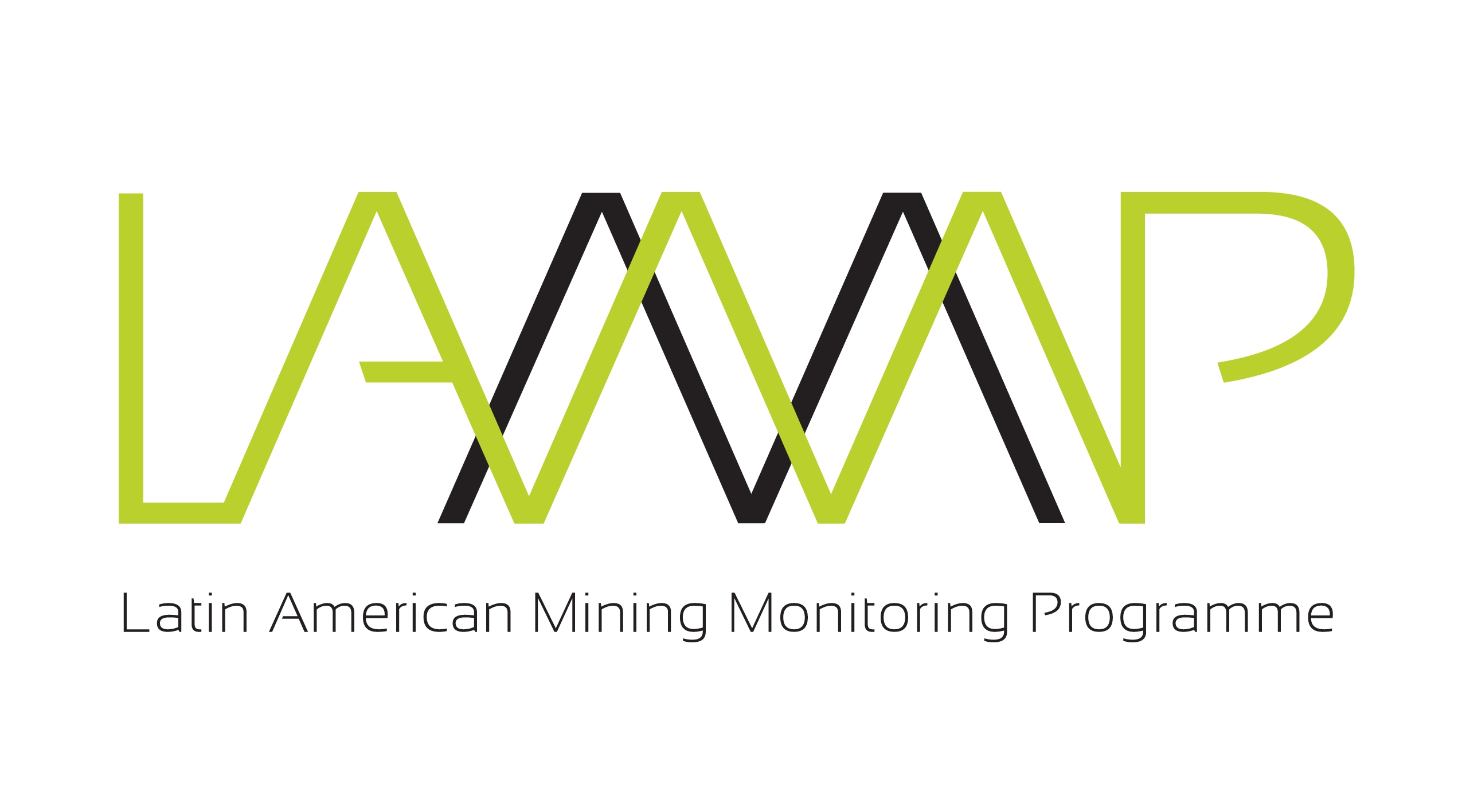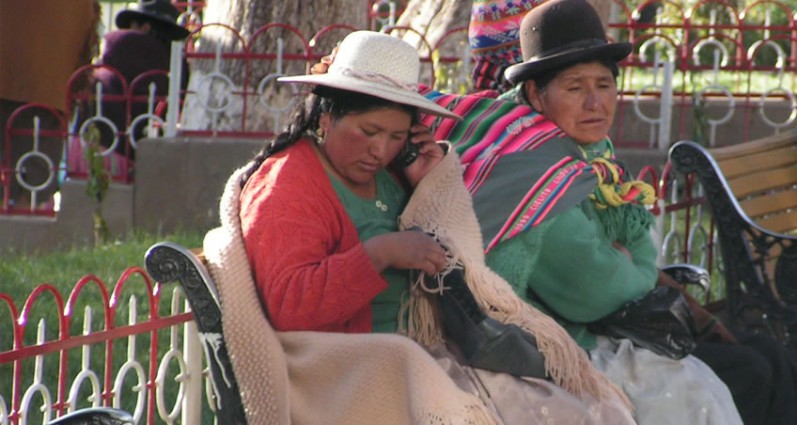The issue:
Activities linked to the extraction and exploitation of natural resources such as minerals, oil and gas, have a deeply significant impact on the lives and rights of rural and indigenous communities that occupy the affected areas. These impacts include forced displacement and dispossession, exposure to toxic and hazardous chemicals leading to the rapid deterioration of health, degradation of fertility of the land, quality and quantity of water sources affecting communities’ ability to sustain their traditional livelihoods. Transforming both the natural and social worlds of affected communities, little is understood of the extent and magnitude of these sufferings for women, who are also confronted with increased gender-based violence.
Given this context, natural resource exploitation in Latin America has revealed clear cases of disregard for human rights obligations and responsibilities at a number of levels. Demands for governments and companies to remedy these impacts and to hold to account are subdued by criminalisation campaigns, threats and attacks against affected peoples (see Protection). Lack of political will or capacity from local and national justice systems means that operating companies carrying out irresponsible practices remain unchallenged.
Our approach:
How do women define remedy, and how can these interpretations be integrated both in policy and practices in the context of resource extraction and exploitation? For women victims of human rights violations and WHRDs, what avenues exist to express and formulate their demands for reparation and justice? Acknowledging and recognising the disproportionate impacts of large-scale development projects on the lives, rights and well-being of women is a first necessary step to remedy their sufferings. In light of this, LAMMP seeks to support the campaigns of WHRDs to advocate for accountability and justice on their own terms.
Amidst the tragedy in which many women victims live, there remains a fierce determination to fight for justice, for acknowledgement and for some form of reparation. LAMMP’s advocacy supports women’s initiatives that challenge criminalisation, irresponsible corporate activities and seek punishment to gender based violence in the context of corporate-led human rights violations.
To achieve this, LAMMP believes in providing women victims with the space and opportunities to formulate remedy and reparation on their own terms, for them to decide for themselves the most adequate and appropriate form of justice for the harms done.
Programmes and projects designed and implemented by LAMMP also seek to remove or alleviate some of the most significant barriers preventing women victims from seeking redress. This includes addressing the lack of financial and material resources, lack of knowledge of justice and legal systems (see Movement Building).
Finally, at an international level LAMMP carries out advocacy and campaigning initiatives to raise the profile of emblematic women human rights defenders and their struggles for justice. In these international forums, LAMMP seeks to highlight the specific gender concerns and influence key policy developments within the framework of business and human rights.
Activities:
1. Providing financial and technical assistance for WHRDs, attending court cases and/or engaging in processes to access remedy
2. Creating support networks for women human rights defenders seeking reparation at national and at regional levels
3. Providing theoretical and practical knowledge on the administration of justice,
4. Social media campaigns to raise awareness of WHRDs’ struggles for justice to rally international support and solidarity
5. Supporting WHRDs to lobby key national and international bodies and civil society organisations through direct representations at high-level events, for example at the UN Annual Forum on Business and Human Rights

